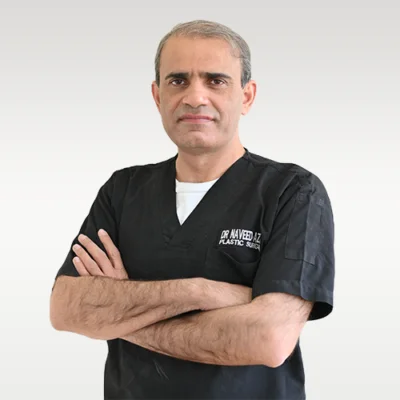Gastric surgery, a slimming process, unswervingly alters the Gastrointestinal tract to an irreversible state of health. Most people struggling with obesity and need to go through the procedure can have a new life added to them. Like any other cosmetic surgery, it has its benefits since its risks and complications could be administered to the body.
One predictable post-operation problem is if the patient needs a blood transfusion during or after the operation. This post explains the choices that underlie this need, and it will be useful for a person to comprehend his path to a healthier life completely.
What is Bariatric Surgery?
In bariatric surgery weight is lost by altering the size and volume of the objects in the body particularly the digestive system. Some of the common surgeries that are performed include a gastric bypass operation and sleeve gastrectomy.
Gastric bypass involves creating a small stomach pocket and rearranging the track of the digestive tube. This directly leads to a straight ratio of portion size to the changes made to the rate of nutrient absorption. Sleeve gastrectomy entails the reduction of the stomach size by 80% leaving a structure resembling a banana.
Do You Need a Blood Transfusion After Bariatric Surgery?
Since any surgery involves cutting and other manipulations, there is always blood loss as an outcome. In some cases, blood loss can be small, while on other occasions, it can be severe, depending on the individual’s general health or the type and size of surgery. This blood loss is sometimes substantial; the patient might be given a blood transfusion.
The indications for blood transfusion after bariatric surgery vary depending on different conditions. Certain processes, such as the gastric bypass or sleeve gastrectomy, are associated with haemorrhaging. Therefore, whether a patient requires a transfusion or not depends on some factors, such as his/her general health, kind of surgery, and his/her reaction towards the surgery.
Factors Influencing the Need for Blood Transfusion
Pre-operative Factors:
The pre-operative phase also involves the evaluation of the patient’s Hb concentrations as well as general health status. Suppose a patient has a low haemoglobin level before surgery. In that case, chances are high that the patient will require a blood transfusion to cover..
However, any patient with a history of clotting disorders or patient on anticoagulants is also at a high risk of bleeding during surgery.
Intra-operative Factors:
The techniques of surgical operations influence blood loss. Therefore, laparoscopic surgery, which is less invasive than conventional or open surgeries, results in lower blood loss. Certain steps that may prevent large intraoperative tissue damage and local bleeding can reduce the rate of transfusions.
Postoperative Postoperative Factors:
The postoperative period is also relevant since something might happen after surgery. Another important factor that should be controlled is the ability of blood clots to form or the condition of anaemia. Patients may also develop postoperative complications that put them at risk of blood transfusion, such as if there is prolonged bleeding or lack of iron storage, hence anaemia.
Risks:
Possible complications include
- Allergic reactions to the transfused blood
- Infections.
- Transfusion-related acute lung injury (TRALI) or
- Hemolytic reactions.
Benefits:
Benefits of Blood Transfusion:
- Improve oxygen delivery to tissues
- Maintain stability during critical phases of recovery
- Prevent complications associated with low blood volume
Alternatives to Blood Transfusion
Precautionary Measures:
Surgeons may also prevent blood loss during surgery by using specialised techniques that minimize and control bleeding.
Synthetic Blood Products:
Some hospitals employ artificial blood, chemicals that hold oxygen similarly to normal blood. In specific circumstances, they can be used instead of transfusing blood.
Cell Salvage Techniques:
Bloodshed during surgery can be collected, filtered, and re-infused into the patient, a process known as cell saving. Because the patient’s blood is circulated, the demand for cross-matched blood can decrease.
Consultation!
If you would like further information and advice specific to your requirements, we invite you to make an appointment online with Royal Cosmetic Surgery. We ensure you have the best team of professionals to handle your surgeries, from when the surgery is scheduled to after-surgeon management.




















Book Appointment